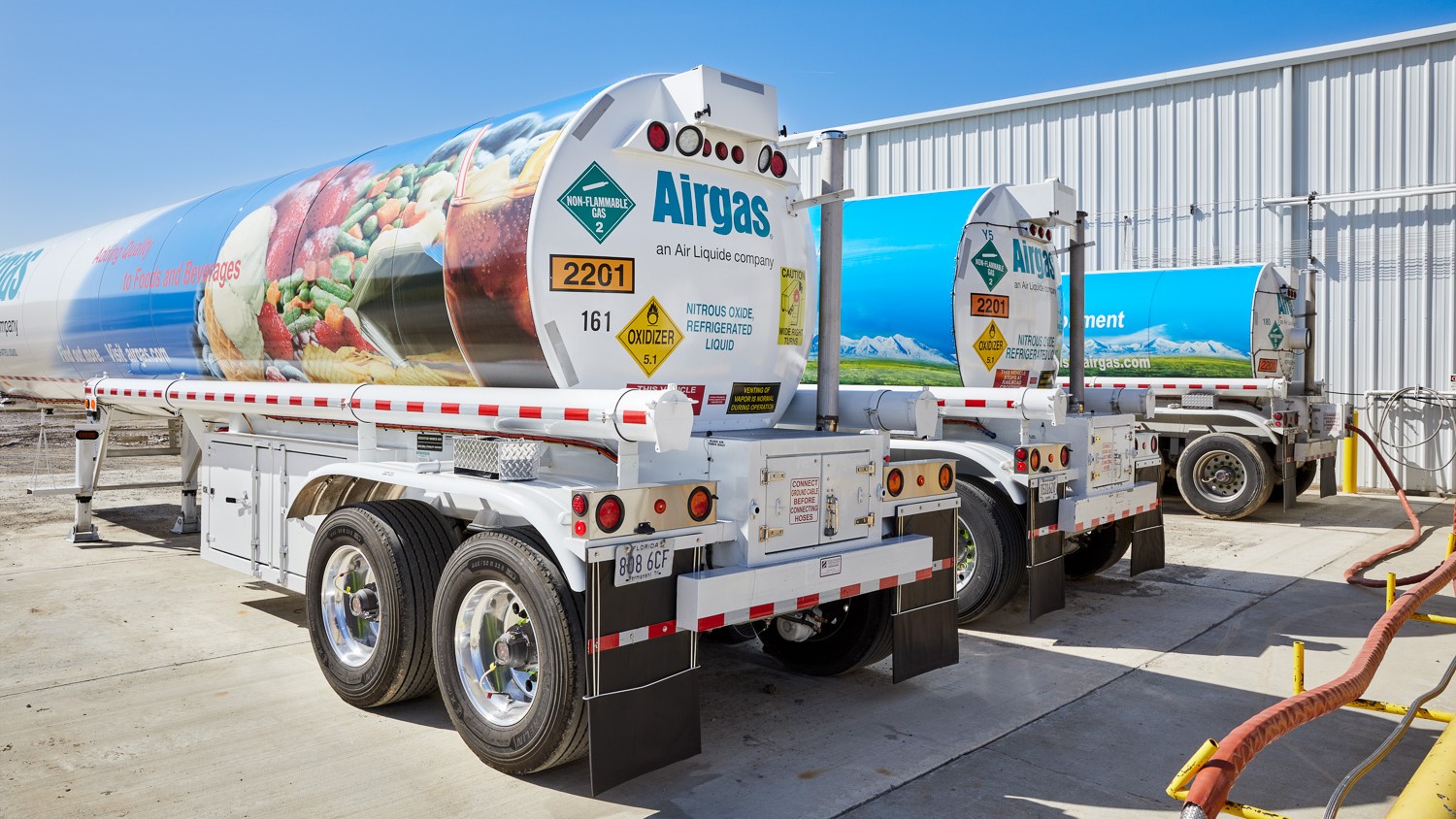

Use suitable hand truck for container movement.Īlways keep container in an upright position. Wear cold insulating gloves/face shield/eye protection.ĭo not drop. Use a back flow preventive device in the piping.ĭo not handle until all safety precautions have been read and understood. Use and store only outdoors or in a well ventilated place.Ĭlose valve after each use and when empty. MAY DISPLACE OXYGEN AND CAUSE RAPID SUFFOCATION.ĭo not get in eyes, on skin, or on clothing. Last year, a Tennessee company, FDRsafety, terminated its contract to help ADOC create a gas chamber after a public outcry led by faith leaders.WARNING: CONTAINS REFRIGERATED GAS: MAY CAUSE CRYOGENIC BURNS OR INJURY. Airgas said ADOC does not currently have nitrogen cylinders from the company.Īirgas is not the first company to refuse participation in Alabama executions. The Alabama Department of Corrections purchased $1,634 in products or services from Airgas, but al.com reported there are no details about what was purchased. State agencies including forensic sciences, conservation and natural resources, transportation, and public health collectively spent over $287,000 with Airgas in fiscal year 2022, al.com reports. With 24 branches in Alabama, Airgas is one of the state’s largest suppliers of gas. distribution network in the packaged gas industry, according to its website. The company’s CEO further stated that Airgas is not “working with the state of Alabama, or anyone else, to develop nitrogen hypoxia as an execution method.”Īirgas, now owned by the French company Air Liquide, has become the largest U.S. Nitrogen, which kills by replacing oxygen, has killed people in industrial and medical accidents, including a liquid-nitrogen leak at a Georgia poultry plant that left six people dead just last year.ĪDOC has acknowledged in court that nitrogen gas presents “the dangers of inert-gas asphyxiation to employees.”Īirgas said in December that it “has not and will not supply Alabama nitrogen or other inert gases to induce hypoxia for the purpose of human execution.” A company spokesperson said in a statement that it contacted the State of Alabama to “reinforce the point and ensure that there was no confusion regarding Airgas’ position.” The American Veterinary Medical Association has long rejected nitrogen gas as an acceptable method for euthanizing animals, and nitrogen is not used for terminal patients in states where medically assisted dying is legal. Using nitrogen gas to execute a person is untested and has never been done in the U.S. Kay Ivey signed legislation making Alabama the third state in the country to allow executions by nitrogen gas.


Mary Fallin signed it into law in 2015.ĭespite the absence of scientific evidence on executing people with nitrogen, Mississippi passed a similar law in 2017, and on March 22, 2018, Alabama Gov. Lawmakers passed a bill allowing nitrogen hypoxia as a backup method to lethal injection, and then-Gov. Mike Christian reportedly saw a documentary about killing humans that included a segment on nitrogen inhalation, and he and two others with no scientific or medical knowledge presented a report on nitrogen to the state legislature in 2014. Oklahoma became the first state to adopt a measure allowing prison staff to use nitrogen gas to execute people after the botched lethal injection execution of Clayton Lockett in 2014 led to a halt in executions. “upplying nitrogen for the purpose of human execution is not consistent with our company values,” the company said in a statement.Īlabama lawmakers added nitrogen hypoxia as an alternative execution method to lethal injection in 2018, following Oklahoma and Mississippi. Airgas, an industrial gas distributor that is one of Alabama’s largest suppliers, has announced it will not supply gas for executions.


 0 kommentar(er)
0 kommentar(er)
